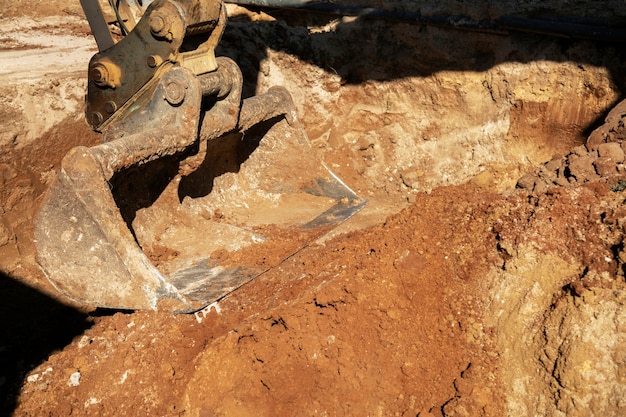
Enhance Your Foundation with Expert Soil Stabilization Services
Soil stabilization is a critical process in maintaining the integrity and durability of any structure built on unstable or loose ground. The stability of the soil beneath a foundation can significantly influence the longevity and safety of buildings and infrastructure. As urban development continues to expand, the demand for effective soil stabilization services has never been more important. By reinforcing the ground with expert techniques, potential hazards can be mitigated, ensuring the safety and sustainability of structures.
Understanding Soil Stabilization
Soil stabilization involves the use of various techniques to enhance the physical properties of soil, making it more stable and suitable for construction. This process can address issues such as soil erosion, excessive moisture, and weak load-bearing capacity.
Common Methods of Soil Stabilization
- Chemical Stabilization: Involves adding chemical agents like lime, cement, or fly ash to the soil to enhance its properties.
- Mechanical Stabilization: Utilizes physical means such as compaction or the addition of geotextiles to improve soil strength and density.
- Biological Stabilization: Incorporates the use of vegetation or other organic materials to reinforce soil naturally.
Each method has its own advantages and is chosen based on specific soil conditions and project requirements. Explore further insights here.
Benefits of Professional Soil Stabilization Services
Utilizing expert soil stabilization services offers numerous benefits that contribute to the longevity and safety of structures:
- Improved Load-Bearing Capacity: Enhances the soil's ability to support heavy structures, reducing the risk of subsidence and structural damage.
- Reduced Construction Costs: By stabilizing the soil effectively, the need for deep foundations and other costly engineering solutions can be minimized.
- Increased Durability: Stabilized soil is less prone to erosion and degradation, leading to longer-lasting infrastructure.
- Environmental Benefits: Some stabilization methods, such as biological stabilization, promote sustainable practices by using natural materials.
Find additional information here about the advantages of professional soil stabilization services.
When to Consider Soil Stabilization
Understanding when soil stabilization is necessary is crucial for any construction project. Consider these scenarios:
- New Construction Projects: Before laying the foundation, ensuring soil stability can prevent future issues.
- Existing Structures: If signs of foundation settling or cracking appear, it may indicate unstable soil conditions.
- Areas Prone to Flooding or Erosion: Regions with frequent water exposure can benefit from stabilization to prevent soil loss and damage.
Learn more in this detailed guide about the appropriate times for soil stabilization.
Choosing the Right Soil Stabilization Service
Selecting the appropriate soil stabilization service is crucial for achieving optimal results. Consider the following factors:
- Soil Type and Condition: Different soils require distinct stabilization methods. An expert evaluation is essential.
- Project Scale and Requirements: Large-scale projects might require more sophisticated solutions compared to smaller, residential projects.
- Environmental Impact: Consider methods that align with environmental regulations and sustainability goals.
Read more about this topic to make an informed decision when choosing soil stabilization services.